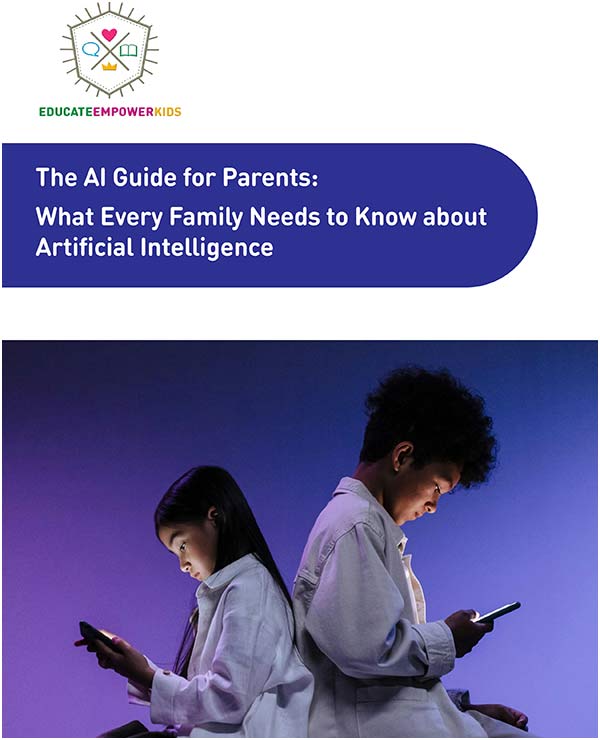In Our Fast-Paced World, We Need to Be Intentional Online and in “Real Life”
By Dina Alexander, MS
In my parenting, I have a VERY hard time slowing down. I distractedly run from assignment to task to activity. As my kids get older, however, I am realizing that everything is moving way too fast. Time is slipping away through my fingers. In fact, my oldest child will be leaving for college in less than a year.
Recently, I have implemented five important habits to help myself and my family slow down. In modeling these habits for my kids, it has been imperative to live what I teach. If we can be an example by being deliberate and intentional in our “real lives” and online behaviors, our kids can see it and follow suit.
5 Ways We Can Slow Down to Be Intentional:
Intentional: To be deliberate, purposeful, conscious of what you are doing.
Slow down when you start to hand your child a phone or tablet because they are bored or whining. This is also important to remember when you begin to install a new app for them or when you start to turn on a movie or video for them to watch. Ask yourself and your child:
Why do we want this app?
Why are we watching this movie?
Will this improve our family life?
Will this make my kids smarter, more creative, or more kind?
We can start teaching our kids, from a very young age, that phones and computers are not just distractions and entertainment. They are amazing tools. Perhaps the most important tools ever created. Smartphones have changed human interactions and relationships more than anything ever invented.
*We all have those moments of exhaustion, desperation, or illness. In those moments, just do your best, and give yourself a break. Don’t expect perfection from yourself or anyone.
Slow down in following trends or making purchases. It can be easy to get caught up in a trend or feel like you “should” buy a certain game, device, movie, or app for your child. Stop and consider the long-term effects to your family’s mental, financial, and intellectual health as you purchase various technology. If it will improve or enhance your child’s intelligence or creatively or contribute to the well-being of your family, go for it!
Slow down in your actions. When you start to post an angry rant, verbally tear someone down, or negate someone else’s opinions behind a screen, slow down #thinkbeforeyoupost. Then, teach your kids the same ethics to act, not react
Slow down to be real. Are you the same person online and in “real life,” or have you created a certain, filtered persona on social media? All of us, our kids included, can often be influenced by friends or what we think others expect of us. Teach your kids to stop, think, and be authentic in “real life” and online.
Initiate a discussion about the importance of being yourself and being honest with the world. Talk about the freedom of being the same person in “real life” as online, whether you think someone is watching or not.
Slow down and take inventory. Do you find you and your family are running in all directions and then continually reaching for your phones when you are bored, tired, or lonely? Are you and your family members distracted and growing more disconnected? If so, then slowing down and taking a good, hard look at where you spend your time will benefit you! Being intentional and deliberate with technology use (spending a predetermined amount of time, in designated locations, and with a purpose) is rewarding and provides a healthier, happier home life.
Let’s #bethechange and teach our kids through our words and actions to slow down and be positive and intentional in “real life” and online.
Need help with these discussions? For a great story, including discussions and activities, for kids ages 6-11, check out . For older kids, try our Using Technology for Good on our .
Dina Alexander is the founder and president of Educate and Empower Kids (educateempowerkids.org), an organization determined to strengthen families by teaching digital citizenship, media literacy, and healthy sexuality education—including education about the dangers of online porn. She is the creator of Noah’s New Phone: A Story About Using Technology for Good, Messages About Me: A Journey to Healthy Body Image, How to Talk to Your Kids About Pornography and the 30 Days of Sex Talks and 30 Days to a Stronger Child programs. She received her master’s degree in recreation therapy from the University of Utah and her bachelors from Brigham Young University. She is an amazing mom and loves spending time with her husband and three kids. Together, they live in Texas.





